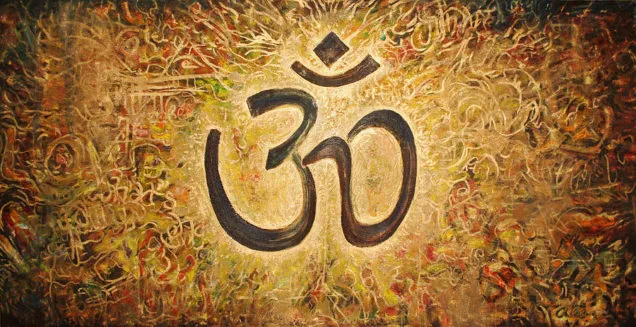Alexander’s teacher asked him to bring him three things from India, Ganga water, a Tulasi sapling, and a Hindu saint. Alexander procured the first two. When he saw a Hindu saint sitting half naked under a tree, he ordered his arrest. He introduced himself as the great conqueror under whose suzerainty lay a wide empire. He asked the saint to request him for any favour which he promised to grant.
The saint’s silence was his answer. On Alexander’s insistence he said, “I don’t want to beg you for anything.” Alexander retorted, “But you are a beggar, even for food. Why can’t you beg from me?” “Yes I’m a beggar, sanyaasi, but it is prescribed in our order that we cannot beg from another beggar.”
The enraged emperor demanded to know how he styled him a beggar. “I only beg for food and am satisfied with whatever is thrown to me, but you are a greater beggar, no matter what you get, you remain unsatisfied. You kill, plunder, and loot, but still not satisfied you keep looking for a little scrap of fulfilment elsewhere.”
In India a saint is called a “maharaj”, a great king, because even when he’s in rags and begging for food, he’s the king of an inner empire which knows no want.
Ashamed at meeting one greater than himself, Alexander bowed in reverence and begged him to grant his wish of granting the saint a favour. The compassionate saint said, “If you really want to grant me a favour, all I ask is, move away from
Thus humbled, after all his material achievements, Alexander realised the emptiness of the world of matter.
Prarthna Saran, President Chinmaya Mission Delhi.

